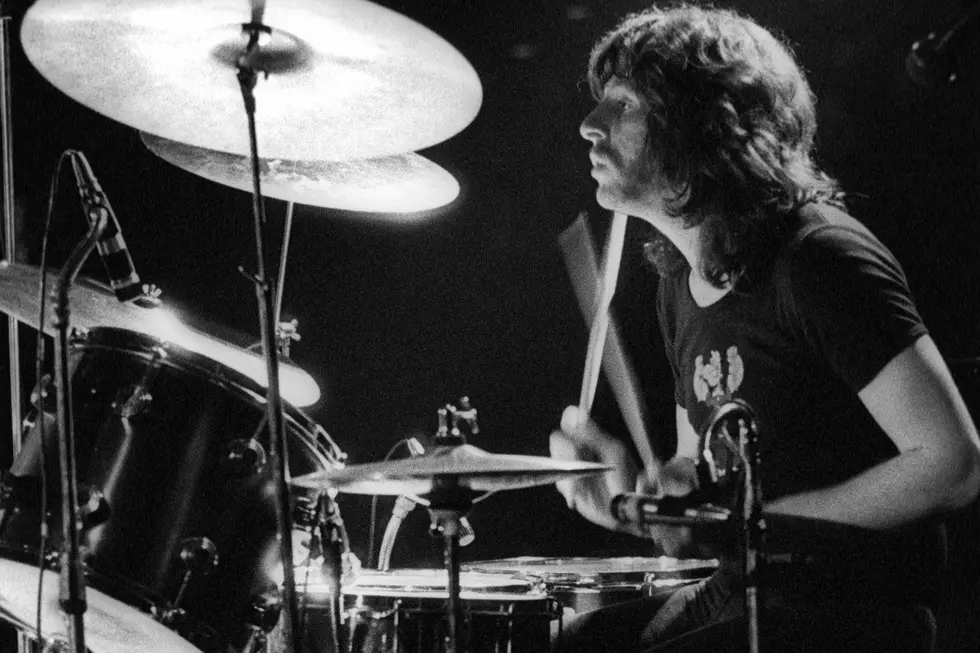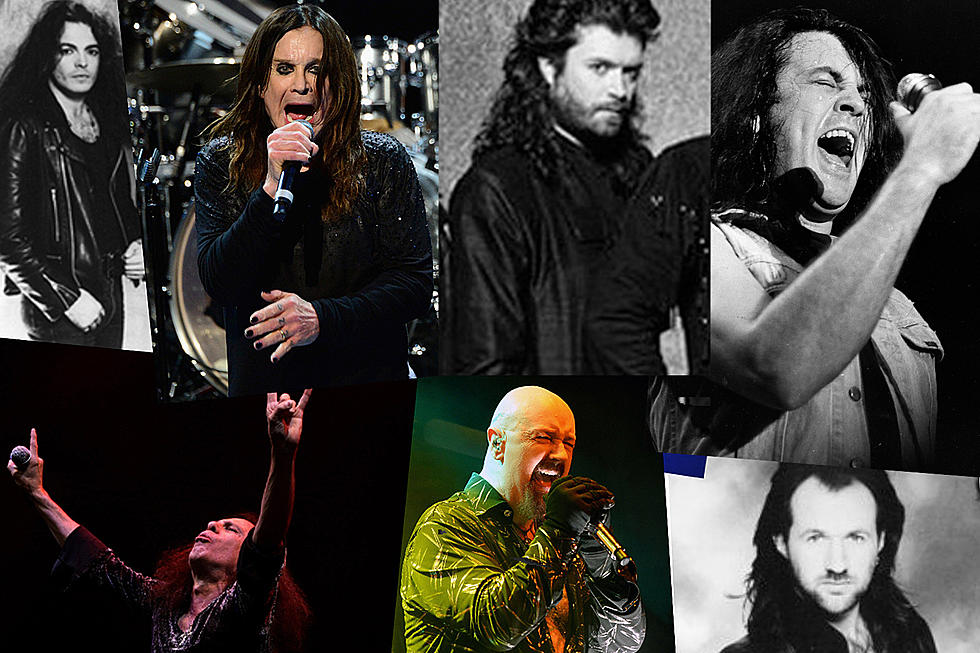When Ian Gillan Took the Lead on ‘Jesus Christ Superstar’
These days, the idea of a rock opera about the final days of Jesus Christ would probably be met with a collective shrug. That is, unless the songs were amazing, in which case the cast would be invited to perform on Ellen and the Macy's Thanksgiving Day Parade.
But in 1970, the idea bordered on blasphemy. This was just four years after John Lennon's infamous "We're more popular than Jesus now" comment, which spurred protests and record burnings during the Beatles' American tour that year. Rock music as a form of expression still remained highly suspect for an older generation raised on Pat Boone and Doris Day, and a massive generational gap had emerged in both the U.S. and U.K. It was into this gap that Jesus Christ Superstar was hurled.
Before it was a stage production, Jesus Christ Superstar was released as a two-disc concept album in September 1970. Composer Andrew Lloyd Webber and lyricist Tim Rice had only completed a handful of projects together when they embarked on their effort to create a rock opera based on the Gospels, mixing elements from across the four narratives but emphasizing a more character-based approach. To realize their vision, they enlisted Deep Purple vocalist Ian Gillan as Jesus and struggling actor Murray Head as Judas. Other contemporary rock stalwarts tapped for the album include John Gustafson (Quatermass and Roxy Music), Mike d'Abo (Manfred Mann), and Lesley Duncan.
Musically, Jesus Christ Superstar serves up a versatile mix of late-'60s rock, soul, funk and pop, with the occasional sidestep into vaudeville and Broadway pomp. The lyrics explore the humanity of historical figures that have settled into near-myth. In Superstar, Jesus is a peaceful man set upon by forces that sought to twist his message toward war. Judas agrees with Christ's message, but not his means. He seems to see the tragedy to come and is terrified by it.
These two strands – Jesus as reluctant Messiah and Judas as reluctant murderer – become entangled in the album's second half, where the passion of Christ unfolds from a wine-soaked Holy Thursday meal through Judas' betrayal and suicide. The music veers into psychedelia as Christ hangs on the cross, a sonic expression of his agonizing death. But not before a back-from-the-dead Judas lets loose on the musical's biggest hit, "Superstar."
"Every time I look at you, I don't understand / Why you let the things you did get so out of hand," Judas sings, questioning not the messages of Jesus but the tactics. It's an agonized wail of frustration set to a tight soul beat, backed by soaring ironic strings. It may question Christ and Christianity, but in a way that can lead even believers to a stronger understanding of the emotional and political forces at play in the death of Jesus.
Although originally banned by the BBC on the grounds of being "sacrilegious," Jesus Christ Superstar managed serious success on both sides of the pond, reaching No. 23 in the U.K. and No. 1 on the Billboard chart. It was the top-selling pop LP in the U.S. for 1971, and spent a staggering 87 weeks on the charts in Norway.
See Deep Purple and Other Rockers in the Top 100 Albums of the '80s
More From Ultimate Classic Rock









